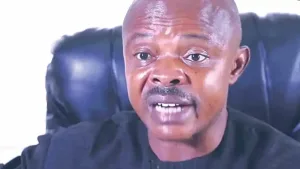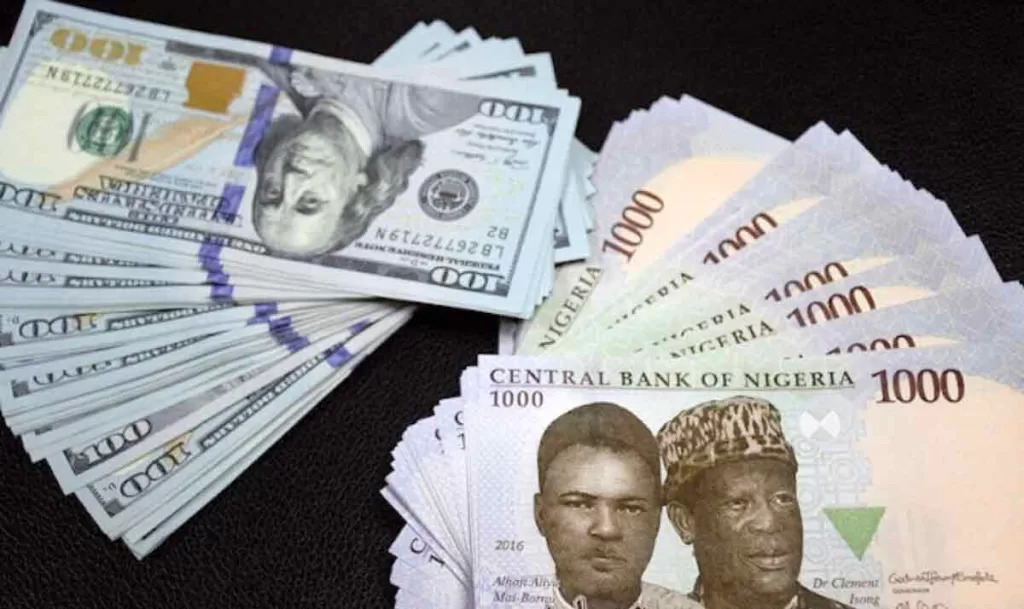While Nigerians continue to suffer the harsh impact of the fuel subsidy removal, the World Bank has advised that the pump price of fuel be increased again.
The advise was given to the federal government of Nigeria by the World Bank and re-echoed by the institution’s economist, Alex Sienaert.

The Nigeria Labour Congress (NLC) President, Joe Ajaero has strongly condemned the recommendation of the World Bank to the Federal Government to increase the pump price of fuel.
NLC in a statement on Friday described the advice as wicked and a threat to the Nigerian economy.
The World Bank is asking the government to raise the pump price of fuel from ₦600 to ₦750.
Have You Read: Crude Oil Production Dropped By 96,130 Barrel Per Day -NUPRC
NLC Kicks Against Increment In Fuel Pump Price
NLC said, “We vehemently reject the recent advice by the World Bank urging the Nigerian government to increase petrol prices to ₦750 per litre.”
The World Bank’s lead economist for Nigeria, Alex Sienaert, re-echoed this recommendation during a presentation in Abuja.
Reacting to Alex Sienaert, NLC president, Joe Ajaero, had this to say.
“The World Bank wants the federal government to abandon its commitment to the people and embrace policies that serve the interests of foreign entities.”
“This advise is laden with mischief and intended to destabilize not only the nation’s economy but also Nigeria’s long-term development plans,” Ajaero said.
“It further demonstrates to doubting Thomases that the Bretton Wood institutions are the arrowheads of the neoliberal school not pro-poor but are steeped in predatory policies that beggar the poor so that the rich will become richer.
“It is truly a shame that the World Bank has shown itself to be an enemy of the Nigerian nation.”
NLC said the World Bank’s continued grandstanding and generation of anti-poor policies and programmes have destabilized many countries of the South, especially nations within the sub-Saharan region.
Nigerians Have Not Recovered From The Impact Of Subsidy Removal
According to NLC, the suffering created by the hike in the price of PMS as advised by the World Bank and its sister institution; the IMF is still ravaging Nigeria.
The hike in the price of fuel due to the removal of subsidy is destroying the nation’s industrial base and domestic manufacturing capacity which favours Western metropoles.
NLC strongly urged the federal government not to allow foreign entities to dictate economic policies that are detrimental to the welfare of its citizens.
The labor union said it is convinced that interventions, particularly those dictated by the World Bank and IMF, have a history of exacerbating economic disparities in third-world countries.
It also asserted that it is not only impractical but truly immoral for the World Bank to persistently advocate for policies that endanger the lives and livelihoods of citizens, imperiling the nation.
You May Also Like: Nigeria Can’t Meet Crude Oil Production Quota, See Why
NLC stressed that the Nigerian government must prioritize the welfare of its people over external pressures.
The labour union called on the government to resist the temptation to implement policies that cater to the interests of international bodies, even at the expense of the well-being of its citizens.
“The World Bank is Globalist North in thoughts and actions and has little or no consideration for the Global South,” Ajaero said.
“It is a predatory institution that the Global North uses to justify its crimes against the South.
“It is almost single-handedly responsible for the ruination of the economies of countries of the global South for which it prescribes one fit solution for all their ailments.”

